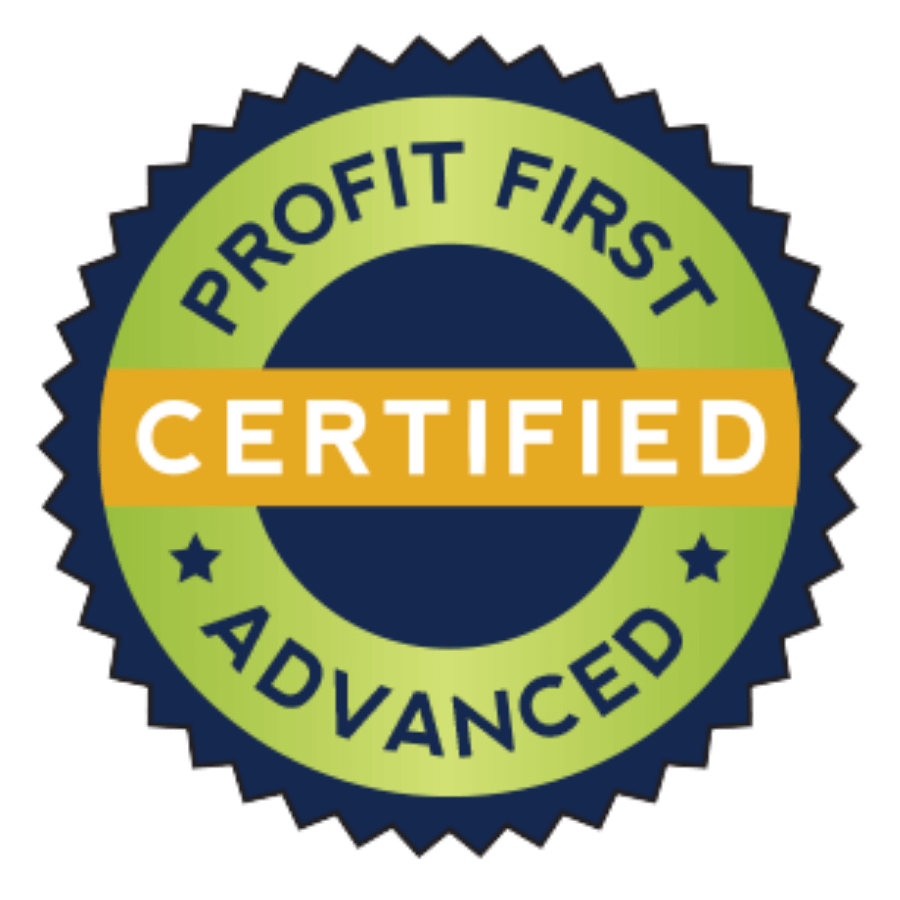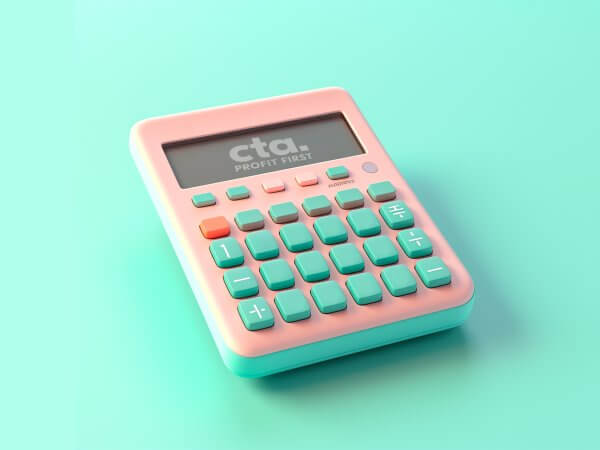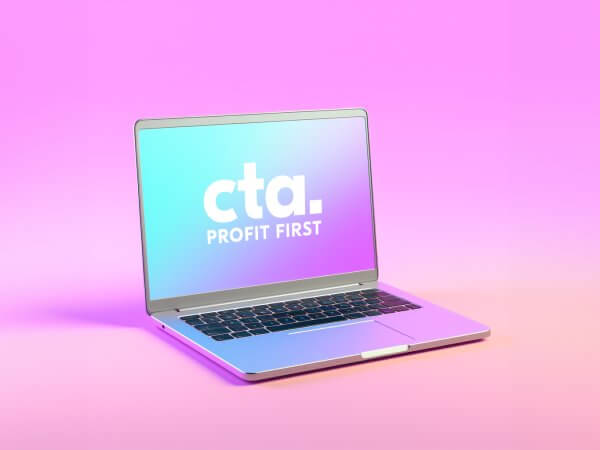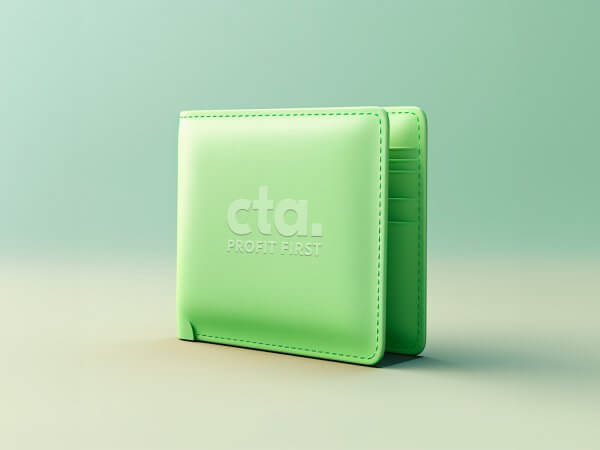The Essential Tax Guide for YouTubers in the UK: Sorting Your Financial Obligations
Jump to:
- Embracing Your New Role as a Business Owner
- Navigating Tax Payments: A Step-by-Step Guide
- The Tax Rates: What You Need to Know
- Avoiding the 60% Tax Trap
- International Earnings: A Brief Overview
- When to Seek Professional Advice
- Conclusion: Staying Ahead of Your Taxes
- Frequently Asked Questions About YouTuber Tax

In today’s digital age, many embark on YouTube as a fun and creative outlet, only to find their passion projects evolving into lucrative ventures. When your YouTube channel starts generating income, congratulations are in order! You’ve transitioned from hobbyist to business owner, and with that shift comes new responsibilities, particularly regarding taxes.
Understanding the tax implications of your YouTube earnings is crucial to avoid any surprises from HMRC. Whether you’re benefiting from AdSense, sponsorships, merchandise sales, or any other form of income, it’s imperative to know when, how, and what taxes you need to pay. This guide aims to demystify the process, ensuring you’re well-prepared and compliant.
Embracing Your New Role as a Business Owner
Once your channel begins to generate income, you transition from a casual creator to a self-employed entrepreneur in the eyes of HMRC. This distinction is important because it brings about tax obligations. The UK allows a £1,000 trading allowance for hobbyist income, but surpassing this threshold means you’re operating a business and must register for self-assessment and submit annual tax returns.
The process might seem daunting, especially if you’re new to the world of taxes and accounting. However, understanding your obligations and planning accordingly can turn this into a manageable part of your YouTube journey.
Navigating Tax Payments: A Step-by-Step Guide
- Register with HMRC: As a YouTuber generating income, it’s your responsibility to inform HMRC of your earnings. This involves registering as self-employed and completing a self-assessment tax return annually.
- Understand Your Taxable Income: Your taxable income is your total earnings minus any allowable expenses. These expenses can range from equipment purchases to travel costs, provided they’re solely for business purposes. Knowing what you can and cannot deduct is vital for accurately calculating your tax liability.
- Save for Your Tax Bill: It’s wise to set aside a portion of your income for taxes. This proactive approach ensures you’re not caught off guard when your tax payment is due.
- Consider Professional Assistance: The intricacies of tax returns can be overwhelming, particularly if you have multiple income streams. Hiring an accountant can not only alleviate the stress of tax season but also potentially save you money by identifying additional allowable expenses.
The Tax Rates: What You Need to Know
For the 2023/24 tax year, the personal allowance stands at £12,570, meaning you won’t pay tax on earnings below this threshold. However, earnings above this amount are subject to tax, with rates depending on your total income:
- Basic Rate (20%): For earnings between £12,570 and £50,270.
- Higher Rate (40%): For earnings between £50,271 and £125,140.
- Additional Rate (45%): For earnings above £125,141.
Understanding these rates and how they apply to your income is crucial for accurately calculating your tax bill.
Avoiding the 60% Tax Trap
Earnings between £100,000 and £125,140 fall into a peculiar bracket where your personal allowance decreases by £1 for every £2 earned over £100,000, effectively creating a 60% tax rate in this range. Strategic tax planning, possibly including the formation of a limited company, can help mitigate this effect.
International Earnings: A Brief Overview
For those earning income internationally, it’s important to navigate the complexities of cross-border taxation. Tax treaties, foreign tax credits, and compliance with international tax obligations are crucial considerations to ensure you’re not paying more than necessary.
When to Seek Professional Advice
While many YouTubers manage their finances independently, complex situations or significant earnings may necessitate professional guidance. An accountant specializing in digital content creators can offer tailored advice, ensuring your tax strategy is optimized and compliant.
Conclusion: Staying Ahead of Your Taxes
As a YouTuber, understanding and managing your tax obligations is an integral part of running your channel as a business. While taxes may seem daunting, proper planning and, when necessary, professional assistance can ensure you remain on the right side of HMRC. Remember, investing in expert advice can not only prevent costly mistakes but also provide peace of mind, allowing you to focus on what you do best: creating content that resonates with your audience.
For personalized advice and assistance with your tax obligations, consider reaching out to a specialist accountant who understands the unique challenges and opportunities of the digital content landscape.
Frequently Asked Questions About YouTuber Tax
1. How do I know if I need to pay taxes on my YouTube income?
If you’re earning money from your YouTube channel through any means such as AdSense, sponsorships, merchandise sales, or direct donations, you’re required to declare this income to HMRC and possibly pay taxes on it, depending on your total income level and allowable expenses.
2. When should I start thinking about taxes as a YouTuber?
As soon as you begin to earn income from your channel, it’s wise to consider the tax implications. Planning early can help you manage your finances more effectively and ensure you’re saving enough to cover your tax obligations.
3. What expenses can I deduct as a YouTuber?
You can deduct any expenses that are directly related to the creation and maintenance of your YouTube channel. This includes, but is not limited to, equipment costs (cameras, lighting, microphones), software subscriptions, travel expenses for shoots, and costs related to promoting your channel.
4. Do I need to pay VAT on my YouTube income?
VAT (Value Added Tax) is a separate consideration from income tax. Whether you need to register for VAT depends on your total sales and the nature of your activities. If your revenue exceeds the VAT threshold in the UK (currently £85,000 over a 12-month period), you may need to register for VAT.
5. Can gifts received from fans or brands be taxed?
Yes, gifts that have a monetary value and are related to your business activities may be considered taxable income. If you receive gifts in exchange for promoting a product or as part of a sponsorship deal, these should be declared as income.
6. How do I handle taxes if my audience is international?
You may be subject to taxes in countries outside the UK if you earn income from those countries. It’s important to understand the tax treaties between the UK and other countries where you earn income to navigate any double taxation issues.
7. What’s the best way to manage my taxes throughout the year?
Setting aside a portion of your earnings for tax purposes, keeping detailed records of all income and expenses, and using accounting software can help you stay organized and prepared for tax time. Consider quarterly tax estimates to spread out your tax payments throughout the year.
8. Should I incorporate my YouTube business?
Operating as a limited company can offer tax advantages and liability protection compared to being a sole trader. The decision to incorporate should be based on your business size, income, and long-term goals. Consulting with an accountant who understands digital businesses can provide personalized advice.
9. What happens if I don’t pay my taxes on time?
Failing to pay your taxes on time can result in penalties and interest charges from HMRC. It’s crucial to file your tax returns and make payments by the deadlines to avoid these additional costs.
10. How can I find an accountant familiar with the needs of YouTubers?
Look for accountants who specialize in digital media and online businesses, as they’ll have a better understanding of the specific challenges and opportunities related to YouTube income. Recommendations from other content creators or industry-specific online forums can be a great way to find a suitable professional.
Navigating the tax landscape as a YouTuber can be complex, but understanding your obligations and seeking professional guidance when needed can help you manage your financial responsibilities effectively.











